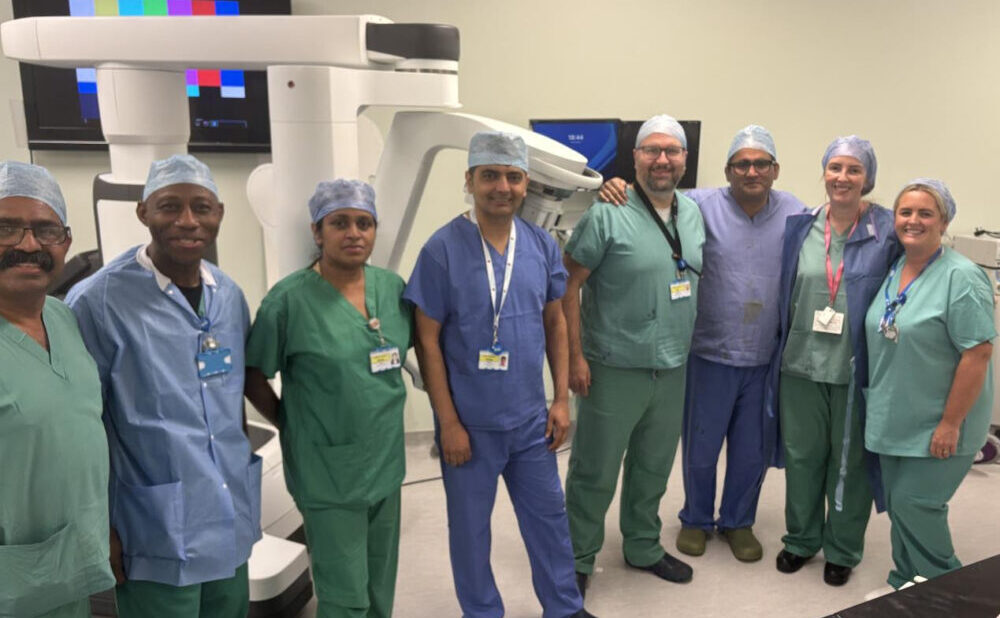
NHS
Clatterbridge Cancer Centre launches new initiative to give community more access to pioneering research
2 months ago

The Clatterbridge Cancer Centre is recruiting hundreds of patients in bid to give more people access to pioneering cancer research.
More than 100 people have already signed up to an initiative aiming to give all patients at Clatterbridge the opportunity to take part in clinical research if it is available and beneficial.
The Breaking Barriers study aims to understand the challenges patients face when participating in clinical research – and solve them so more people are able part in potentially life-saving clinical trials.
The study is led by Principal Investigator Emma Whitby, Head of Research Delivery, and Research Officer Dan Winsor, and 116 patients have already agreed to participate out of a target of 300 planned places.

Emma said:
“Research should be for everyone. By listening to our patients and understanding their experiences, we can build a more inclusive and effective research environment and help more people participate.
“The study aims to amplify patient voices and remove obstacles that prevent equitable access to research opportunities. Achieving this would not only be good for our patients and their families but improve research as there would be a more diverse pool of volunteers taking part in our studies.”
Breaking Barriers uses a custom-designed questionnaire to explore what helps or hinders participation in healthcare research. Previous research found that patients from the most deprived areas are least likely to take part in clinical trials, despite often facing the highest level of ill-health.
Recent data from the National Institute for Health and Care Research (NIHR) has revealed that UK areas with the highest burden of disease – such as Merseyside – also have the lowest number of patients taking part in research.
Emma said:
“It is widely accepted that the majority of trial participants are currently white British and affluent, which is not representative of the diverse range of people affected by the conditions for which medications and procedures are usually being trialled.”

Findings from previous surveys of patients on this issue have noted the following key themes:
Accessibility and Convenience: Transport and flexible scheduling are critical
Trust and Ethics: Confidence in confidentiality and healthcare professionals’ motivations matters
Perceived Benefits: Belief in the value of research and trust in the care team encourage participation
Practical Concerns: Travel, safety, and complexity of information can deter involvement
Representation: Under-representation of key groups, such as ethnic minorities and socioeconomically disadvantaged individuals, limits the comprehensiveness of research findings.
Emma added:
“CCC is working to ensure that research is accessible to all – helping to build a more equitable and effective healthcare system for the future. We are encouraging all our patients to take part in this research and will be very grateful if they can fill in our survey.”











 Subscribe
Subscribe Follow Us
Follow Us Follow Us
Follow Us Follow Us
Follow Us Follow Us
Follow Us











